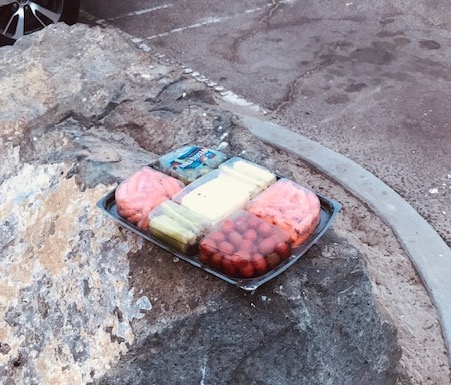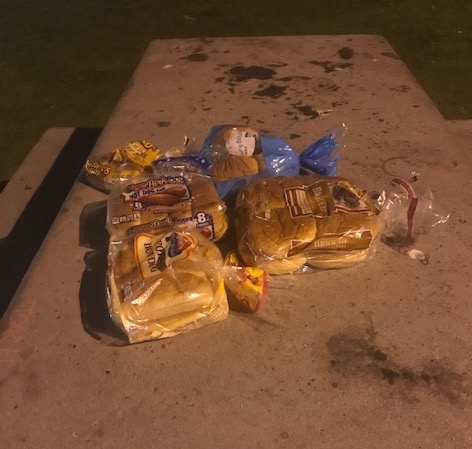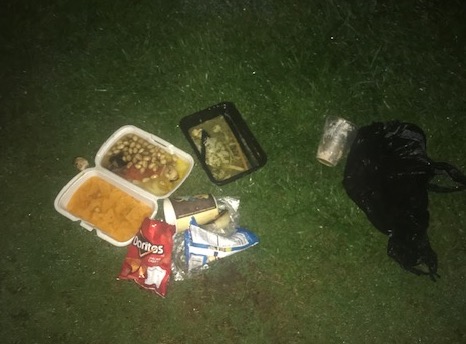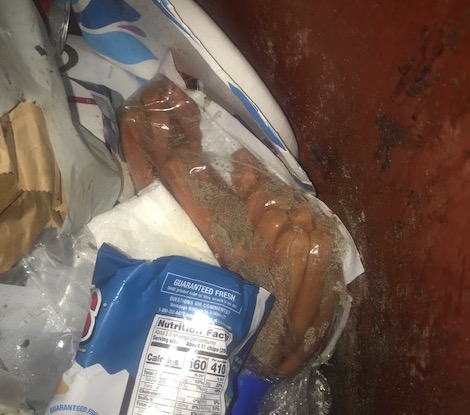When I read things like this, I think of how much food is wasted on the beach. So not only did we waste resources in food production, having pollutants in our food. It is again wasted and left behind, because one is too lazy to pick up, take home or even drop it off at a shelter. Add in the plastic packaging, it is a sad story.
DENVER — The Intergovernmental Panel on Climate Change (IPCC) issued their latest report on global warming, A Special Report on Climate and Land. The report outlines the ways in which land use — especially for food production — affects the climate and puts increased strain on our food supply.

Overall, the report finds that the world’s land and water resources are being depleted at unprecedented rates. It also predicts that if significant action isn’t taken to address climate change, the likelihood of severe food shortages, droughts, flooding and other extreme weather will increase.

Steve Blackledge, Environment America’s Conservation Program director, issued the following statement in response:
“This report clearly shows that while we should continue to be laser-focused on transitioning our electricity generation and transportation completely away from fossil fuels, that’s not enough to tackle climate change. We must also think about our land use, including agriculture.

“The ways in which we produce our food has tremendous impacts on climate. The world’s forests are incredibly important for storing carbon, but in many places, including the Amazon Rainforest, we’re clear-cutting vast swaths of forest to grow feed for livestock. We should absolutely put a stop to that practice, and it’s why we’re pushing major agricultural companies to implement strong no-deforestation policies.

“There are also other ways we can manage our land to help fight global warming. We must stop drilling for oil and gas on our precious public lands. We must fund conservation programs. Right now, Congress has the opportunity to fully fund the nation’s best conservation program, the Land and Water Conservation Fund. It’s our best tool for acquiring and protecting the forests and lands needed to store carbon and gird against climate change.”
